Teaching young people about healthy relationships is important. We might not want to think about our teens getting into sexual relationships at all, but relationships are a major part of life. What parents can do is make sure our teens understand what is healthy in a relationship and what isn’t.
What makes a healthy relationship?
All relationships are different. What works for some couples won’t work for others. You might have strong opinions on what makes a healthy relationship that differ from your teenager’s. And a relationship may not be unhealthy just because you disapprove. A healthy relationship is one where there is respect, trust and honesty. Where someone is free to have their own friends and interests without being controlled or coerced in any way.
What makes an unhealthy relationship?
While some relationships don’t work because people aren’t right for each other, it doesn’t mean the relationship was ‘unhealthy’. And an unhealthy relationship isn’t only one where a partner is violent or abusive. When we talk about unhealthy relationships we also mean when a partner tries to control the other person. This could be through things like manipulation, threats, coercion, or withholding money.
Any relationship where one person is pressured into doing any sexual activity they don’t want to is also unhealthy. This could be anything from a particular sexual act to sending a nude picture. No one should feel they have to do something sexual in return for something else – and this includes so the other person will love them or not break up with them. Any relationship where one person is constantly belittled or has their needs and feelings dismissed is also unhealthy.
Unhealthy relationships are usually about control. When one partner tries to control what the other person does, how they act, what they wear, who they can see, to how they spend their money. It can also relate to gender stereotypes when one person is expected to act a certain way because they are a girl or a boy.
How to tell if your teen is in an unhealthy relationship
If you’re worried that your teen is in an unhealthy relationship, this can be very stressful. And it can be tricky to tell, as many of the signs are common behaviours that happen as children grow into teenagers, such as spending more time on their own, changing how they look and act, and having the odd angry outburst.
But there is a difference between normal teenage behaviour and signs they are in an unhealthy relationship.
Things to look out for are if:
- they are isolating themselves from family and friends.
- they have lost interest in things they usually enjoy.
- they are reluctant to go to school.
- they are constantly telling the other person where they are
- another person is controlling what they wear and who they see.
What to do if your teen is in an unhealthy relationship
The most important thing to do if you think your teen is in an unhealthy relationship is to talk to them. Try not to be too intrusive or judgemental. They might not realise that the relationship is unhealthy or they might feel ashamed or embarrassed.
Calmly let them know your concerns and that you’re there to support them. If they don’t want to speak to you, let them know there are others they can talk to. It could be their teachers or another family member.
There are places you can go for help and advice too. You can find more advice on the NSPCC website and the Childline website. You can also contact the NSPPC’s helpline on 0808 800 500, or call Parentline on 0800 28 22 23, or call Childline on 0800 1111.
 Activities & Play
Activities & Play Behaviour
Behaviour Childcare
Childcare Development & Growing Up
Development & Growing Up Family, Friends & Relationships
Family, Friends & Relationships Feeding Your Baby
Feeding Your Baby Food & Eating
Food & Eating Health & Safety
Health & Safety Mental Health & Wellbeing
Mental Health & Wellbeing Money & Work
Money & Work Online Behaviour & Safety
Online Behaviour & Safety Pregnancy & First Days
Pregnancy & First Days School & Education
School & Education Sleep
Sleep


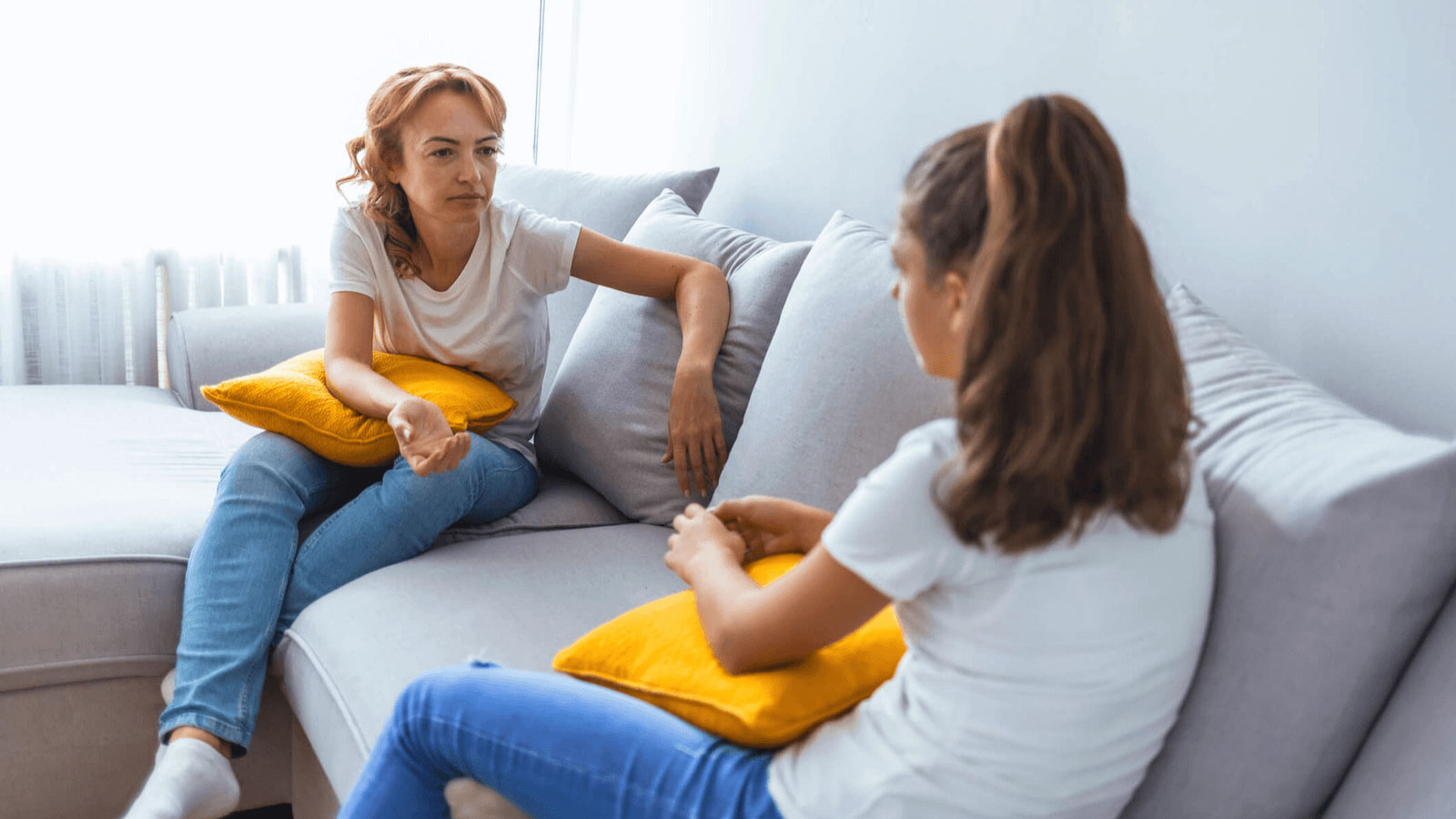

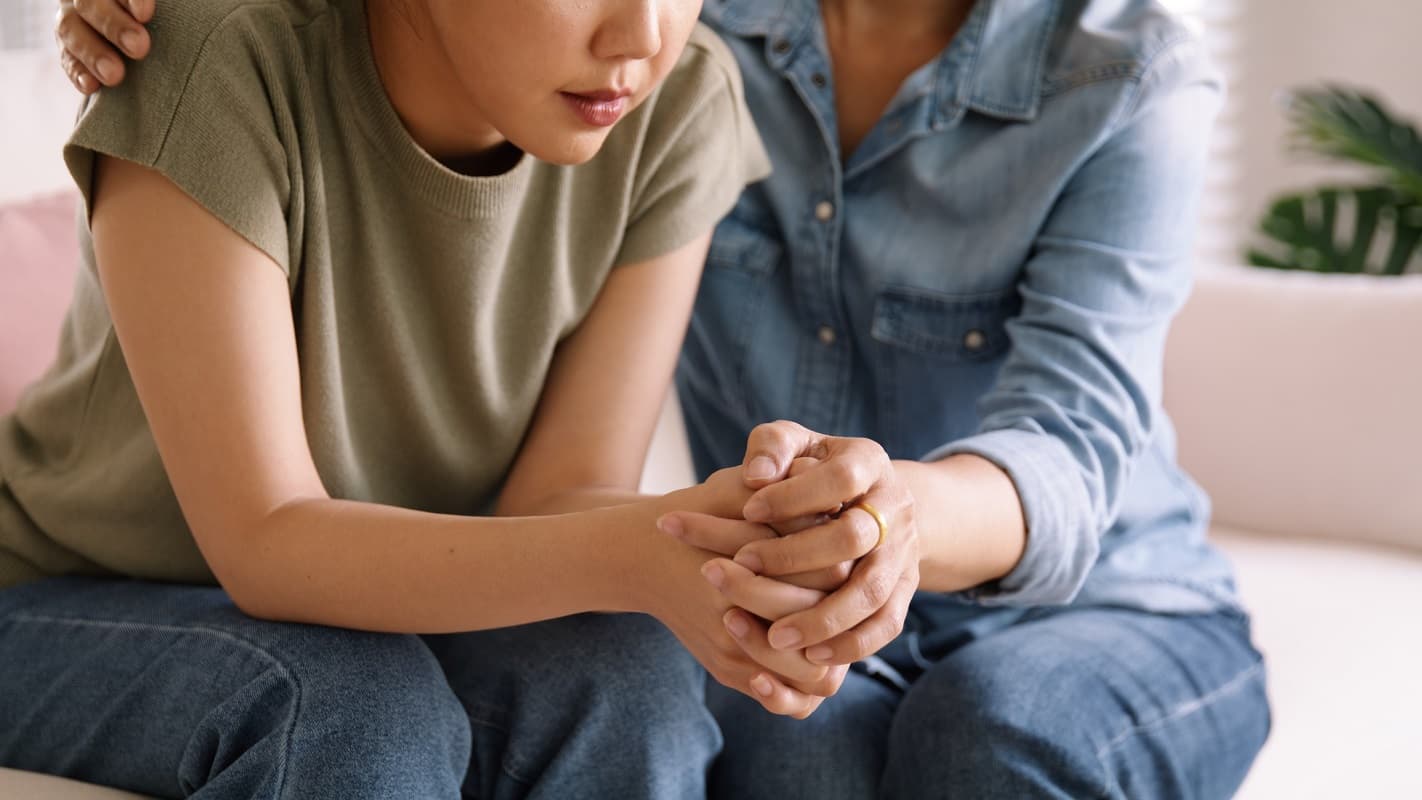
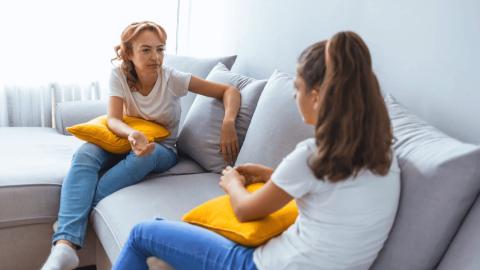
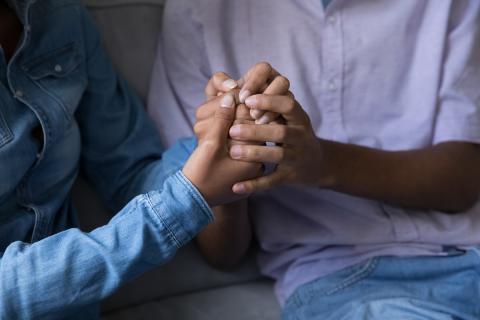
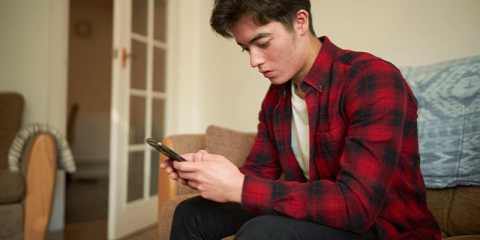

 Mental Health & Wellbeing
Mental Health & Wellbeing
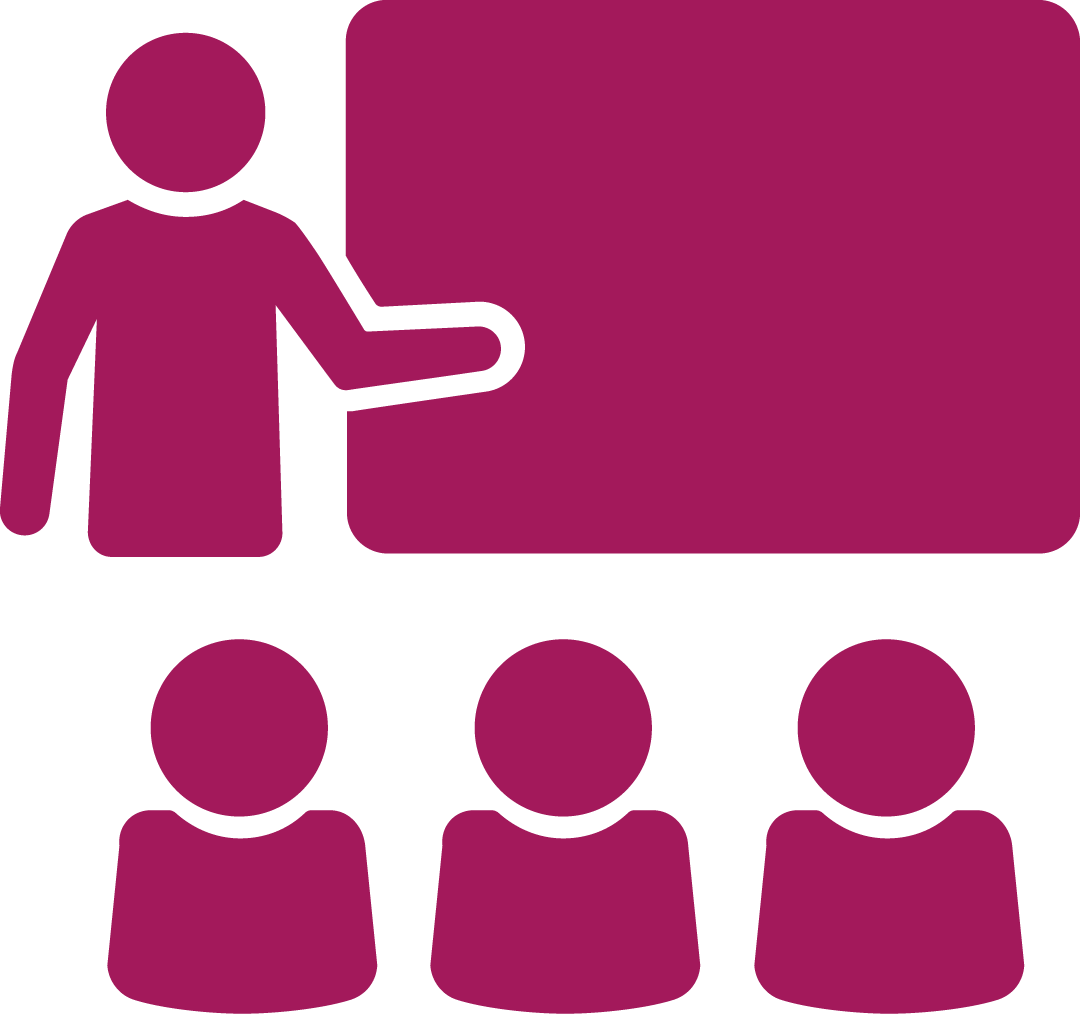 School & Education
School & Education